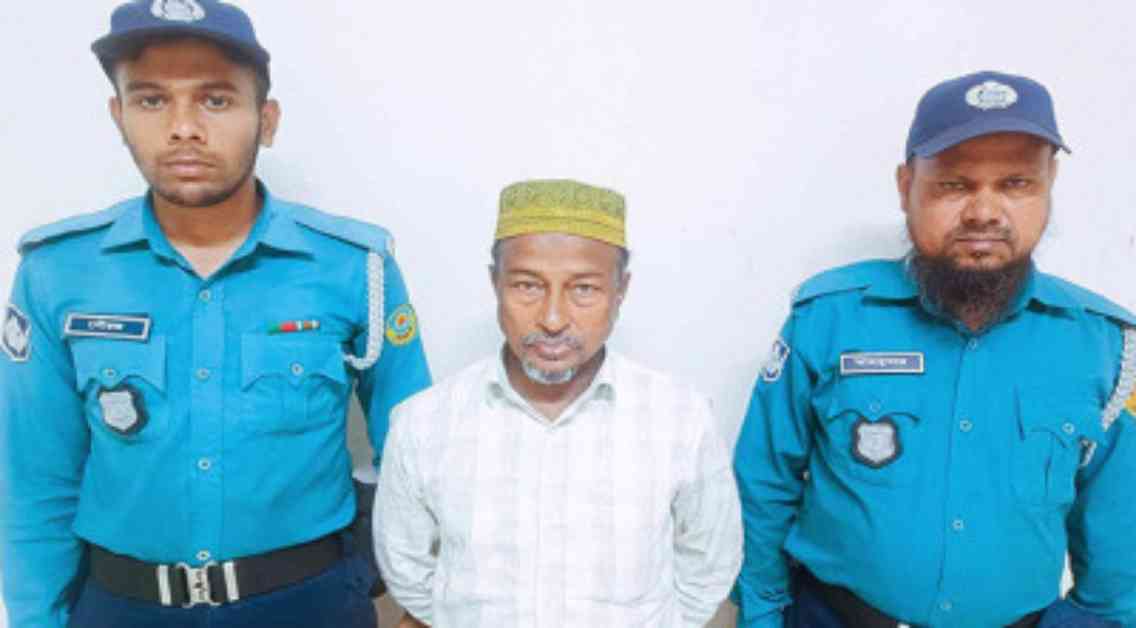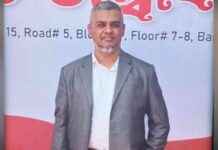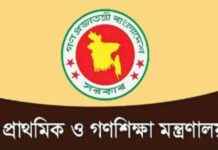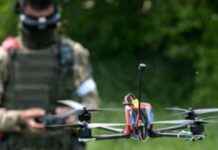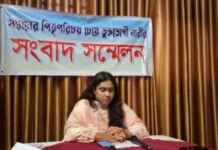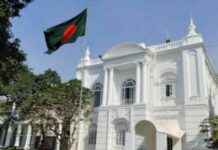The city of Chittagong recently witnessed a surge in political tensions as 41 leaders and members of the Awami League, Jubo League, and a banned organization, Chhatra League, were arrested by the Chittagong Metropolitan Police in various areas of the city within a span of 24 hours. The crackdown, which started on Monday night at 12:00 AM and continued until Tuesday night at 12:00 AM, targeted individuals allegedly involved in violent activities against students and the general public.
Among the arrested individuals were prominent figures like Mo. Rubel (35), Sohanur Rahman PL (23), Abdur Rahman (27), Nayeem Uddin (41), and many others affiliated with different youth organizations. The arrests were part of a larger operation to curb violence and maintain law and order in the city.
Uncovering the Political Turmoil: Witness Accounts and Expert Opinions
Eyewitnesses to the arrests described a scene of chaos and tension as police officers carried out the operation with precision and speed. One resident, who wished to remain anonymous, recounted how the sudden appearance of law enforcement officers in their neighborhood had startled many residents and led to a sense of unease in the community.
In a statement to the press, Imran Hossain, Deputy Director of the Media and Public Relations Department of the Chittagong Metropolitan Police, highlighted the gravity of the situation. He emphasized the need to address the growing instances of violence orchestrated by certain political factions and assured the public that law enforcement agencies were committed to upholding the rule of law.
The Aftermath and Road to Reconciliation
The arrests of these individuals have sparked discussions about the root causes of political violence in the city and the need for a more inclusive and peaceful political environment. Experts in political science have pointed out that the polarization of political ideologies and the lack of dialogue between opposing factions have contributed to the escalation of tensions.
As the city grapples with the aftermath of these arrests, community leaders and civil society organizations have called for a renewed commitment to non-violence and dialogue as the way forward. The need for constructive engagement and mutual respect among political actors has never been more urgent, as the city seeks to heal from the wounds of recent events.
The events in Chittagong serve as a stark reminder of the fragility of democratic institutions and the importance of upholding the rule of law in a pluralistic society. As the city navigates the complexities of its political landscape, it is crucial for all stakeholders to prioritize peace, reconciliation, and respect for the democratic process. Only through genuine dialogue and a commitment to peaceful coexistence can the city hope to move beyond this challenging chapter in its history.
The recent arrests in Chittagong have shed light on the deep-seated political tensions that continue to plague the city. As law enforcement agencies work to address the root causes of violence and maintain peace, it is essential for all citizens to reflect on the importance of tolerance, respect, and unity in building a more harmonious society. Let us all strive to uphold the values of democracy and work towards a future where political differences are resolved through dialogue and understanding.
